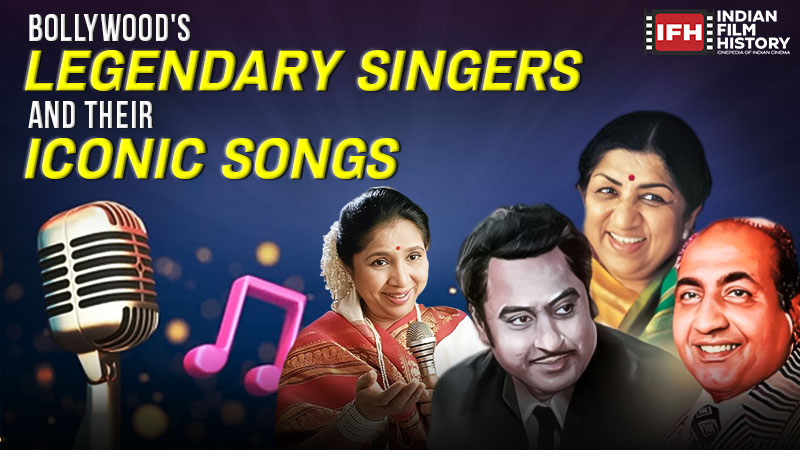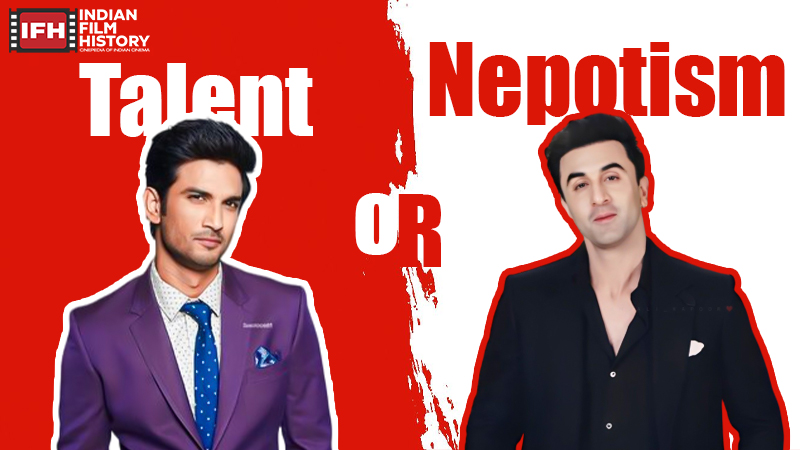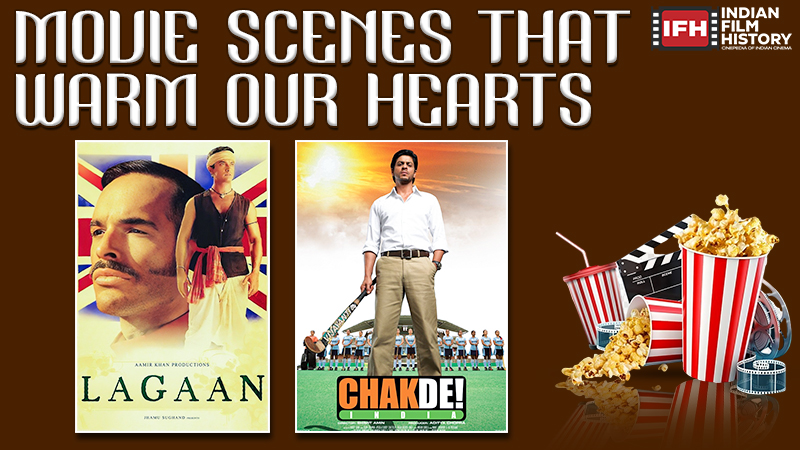Discover Ashok Kumar, widely regarded as the first true superstar of Indian cinema. Learn about his groundbreaking career. In the ’30s, when Indian Cinema was in its cradle, Bombay Talkies revolutionized Hindi cinema, changing its content, style, and grammar of filmmaking. Bombay Talkies‘ second film, Achhut Kanya (1936), achieved huge success, established its lead actor, Ashok Kumar, as the lovable heartthrob of cine-buffs.
In the ’40s, Ashok Kumar‘s career reached the zenith of stardom as his film Kismet (1943), directed by Gyan Mukherjee, became a box-office blockbuster. The film for the first time depicted a tale of an anti-hero. The film was a massive hit, collecting one crore rupees and becoming the first Indian film to join the ‘crore club.’ After Kismet, Ashok Kumar became a star and the highest-paid star of the ’40s!
Ashok Kumar’s Early Life
Ashok Kumar‘s real name was Kumudlal Ganguly. he was born on October 13 in the year 1911. The actor started as a lab assistant at the Bombay Talkies. He was made a hero by Himanshu Rai without Kumar‘s aspiration. But the success of his films forced him to carry on as an actor. Later, he watched Hollywood films and worked hard on his speech, diction, and mannerisms. Soon he rose to be one of the finest character actors in Bollywood. From hero to anti-hero to character roles, he did each role with perfection.
Ashok Kumar also turned into a producer at the Bombay Talkies and made hit films like Ziddi (1948) and Mahal (1949). For Aashirwad (1968), he earned the National Film Award of his life. His other remarkable films were Parineeta, Bandini, Jewel Thief, Victoria No. 203, Chhoti Si Baat, Khatta Meetha, and Khoobsurat.
From 1936 to 1997, he worked non-stop for 60 years. In the 1980s and 1990s, he appeared on TV. He anchored the first Indian soap opera Hum Log, and did the title character in the unforgettable Bahadur Shah Zafar.
Ashok Kumar‘s last film role was in the 1997 movie Aankhon Mein Tum Ho. Towards his end, he was lovingly called Dadamoni! The Indian government honoured him with the Dadasaheb Phalke Award and Padma Bhushan in 1998 for his contributions to Indian cinema.
He died on 10 December 2001 at the ripe age of 90.




Leave a Comment